There are many different types of spiders in Massachusetts, but only a few are commonly seen inside homes. The most common indoor spider in Massachusetts is the house spider, which is not harmful to humans. Other common indoor spiders include the cellar spider and the money spider. Outdoor spiders include the black widow, brown widow, and hobo spider, which can be dangerous to humans if they bite.
The most common spiders in Massachusetts
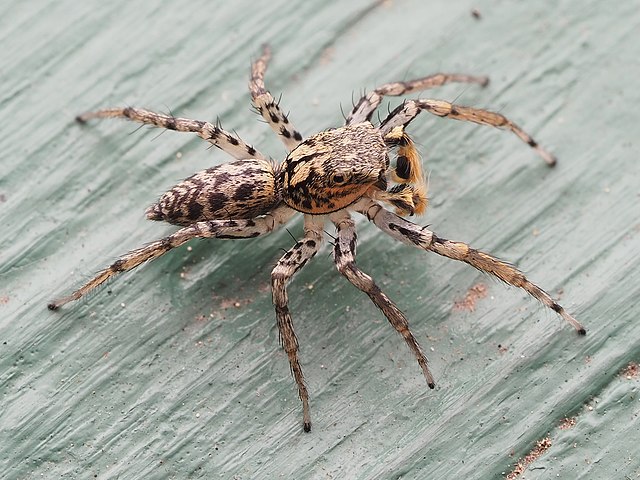
There are many different kinds of spiders in Massachusetts, but only a few are commonly seen. The most common spider in the state is the black widow, which is easily recognizable by its distinctive red hourglass shape on the abdomen. Black widows can be found in a variety of habitats, but are most commonly seen in wooded areas and around homes. Other common spiders in Massachusetts include the brown widow, House Spiders, Orb Weavers, Grass Spiders, Fishing Spiders, Jumping Spiders, hobo spiders, and wolf spiders. These spiders are not as dangerous as the black widow, but can still bite if they feel threatened.
The most dangerous spiders in Massachusetts
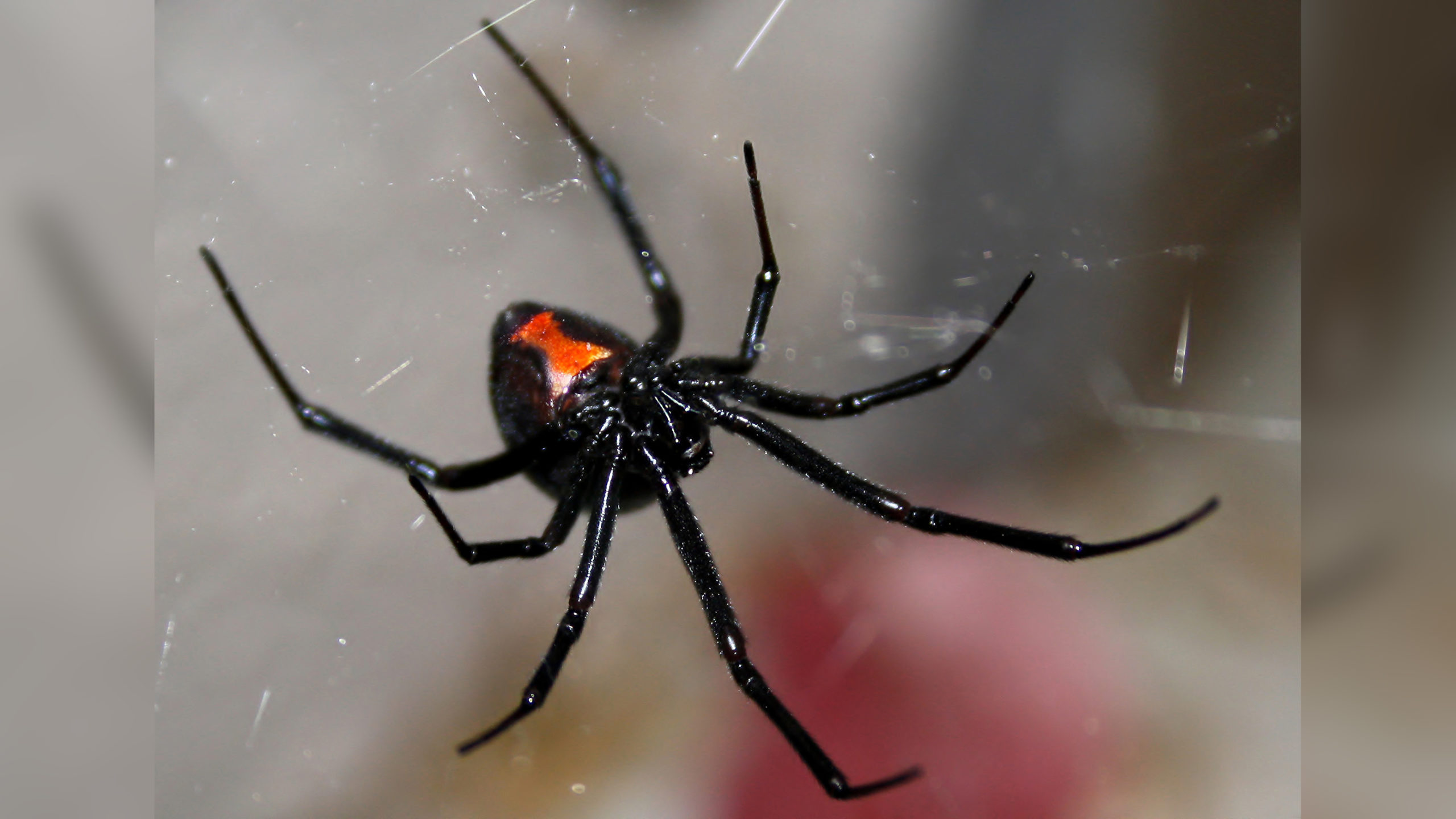
If you are in Massachusetts you can find many spiders, but only a handful are considered dangerous to humans. The most dangerous spiders in the state are the black widow, the brown recluse, and the hobo spider.
The black widow is easily recognizable by its black body and distinctive red hourglass shape on its abdomen. This spider is found throughout the state and is most commonly seen in wooded areas or near houses and other structures. Black widows are shy creatures that only bite humans when they feel threatened, but their venom is extremely potent and can cause serious health problems, including abdominal pain, muscle cramps, and respiratory problems.
The brown recluse is a small spider with a brown body and a dark brownViolin-shaped mark on its head. This spider is found throughout Massachusetts, but is most commonly seen in homes and other buildings. Brown recluses are not aggressive spiders, but they will bite humans if they feel threatened. Their bites can cause serious health problems, including necrosis (death of tissue) and systemic reactions that can lead to death.
The hobo spider is a large spider with a dark brown body and a light brown or tan abdomen. This spider is found throughout Massachusetts, but is most commonly seen in homes and other structures. Hobo spiders are not aggressive spiders, but they will bite humans if they feel threatened. Their bites can cause serious health problems, including ulceration of the skin and necrosis (death of tissue).
How to avoid getting bitten by a spider in Massachusetts
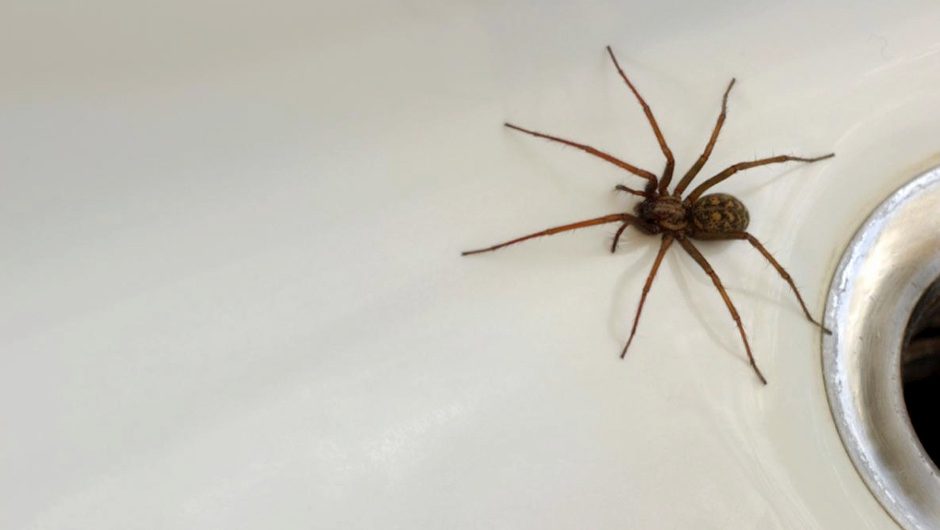
In Massachusetts, there are two types of spiders that are commonly found in homes: the common house spider and the wolf spider. While neither spider is particularly dangerous to humans, their bites can cause minor irritation and swelling. Here are some tips on how to avoid getting bitten by a spider in Massachusetts:
- Be sure to shake out any clothing or towels that have been left outside before bringing them inside.
- Regularly check your home for cracks or openings that spiders could use to get inside.
- Keep your windows and doors sealed tightly.
- Use a vacuum cleaner to remove spiders and their webs from your home.
- If you see a spider, try to avoid touching it directly. If you must touch it, use a stick or other object to gently move it out of your way.
How to remove a spider from your home in Massachusetts
Spiders are often feared by homeowners, but most species found in Massachusetts are harmless. There are a few ways to remove a spider from your home without harming it.
One way to remove a spider is to cup your hand around it and gently scoop it up. Another way is to use a piece of paper or cardboard to slide under the spider and trap it. Once the spider is trapped, you can release it outside.
If you are not comfortable with removing the spider yourself, you can contact a pest control professional.
How to get rid of spiders in your yard in Massachusetts
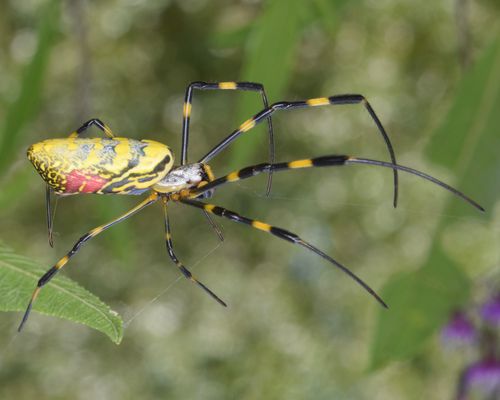
Spiders are not typically considered pests, but their presence in large numbers can be undesirable, especially if someone in your home is afraid of them. If you have a spider problem in your yard, there are a few things you can do to get rid of them.
First, it’s important to identify what kind of spiders you’re dealing with. If they’re black widows or brown recluses, it’s best to call a professional for help, as these spiders can be dangerous. If you have common house spiders or wolf spiders, you can follow the steps below to get rid of them.
- Cut back on clutter in your yard. Spiders like to hide in dark, secluded places, so getting rid of piles of debris and trimming back overgrown vegetation will make your yard less attractive to them.
- Keep grass short. Spiders often build webs in tall grass, so keeping your lawn mowed will make it less inviting for them.
- Seal cracks and gaps around the outside of your home. Spiders can enter through very tiny openings, so it’s important to seal up any cracks or gaps in your foundation, windows, and doors.
- Use a spider repellent spray around the perimeter of your property. There are a number of commercially available repellents that will deter spiders from entering your yard.
- Bring in predators . Certain animals like lizards and bats will eat spiders, so encouraging these creatures to live near your home can help keep the spider population under control naturally.
What to do if you are bitten by a spider in Massachusetts
There are two types of spiders that are venomous in Massachusetts, the black widow and the brown recluse. If you think you have been bitten by one of these spiders, it is important to seek medical attention immediately.
The black widow spider is black with a red hourglass shape on its abdomen. The brown recluse spider is brown with a violin-shaped marking on its head. Both spiders are shy and will only bite if they feel threatened.
If you have been bitten by a spider, it is important to:
- Wash the area with soap and water
- Apply a cold compress to the area
- Elevate the area if possible
- Seek medical attention if necessary
How to prevent spiders from entering your home in Massachusetts
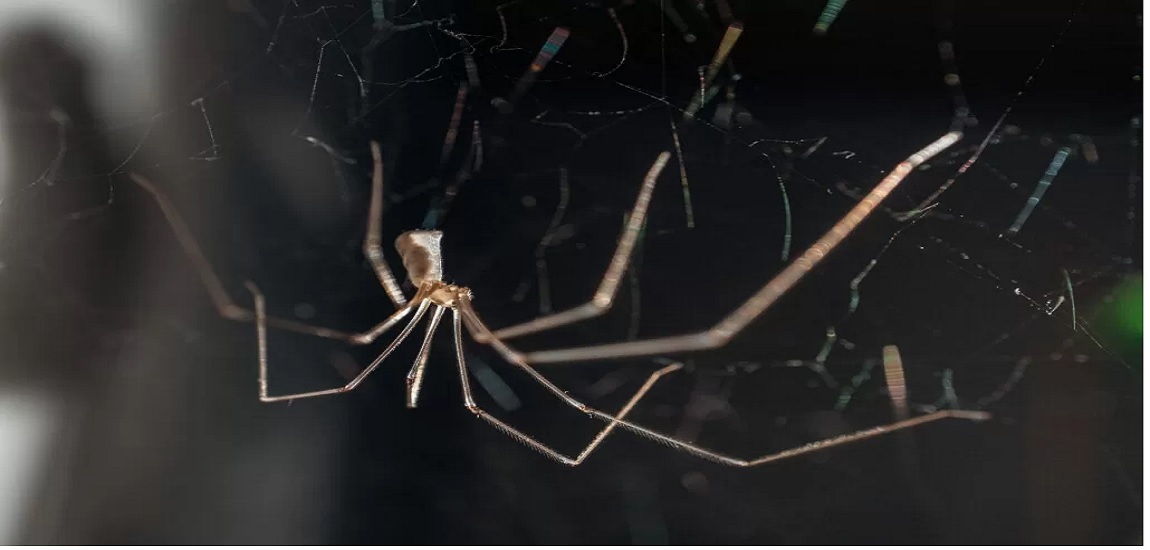
There are many ways to prevent spiders from entering your home in Massachusetts. Some people swear by home remedies like placing bay leaves or vinegar around the perimeter of their home. Others use commercial products like bug sprays or bug zappers. And still others take a more proactive approach, regularly cleaning and decluttering their homes to remove potential hiding spots for spiders.
No matter what method you choose, it’s important to be consistent in your efforts to keep spiders out of your home. Spiders are very resilient and can quickly adapt to changes in their environment, so it’s important to be vigilant in your efforts to keep them at bay.
The best spider repellents for use in Massachusetts
When it comes to spiders, there are a few species that are commonly found in and around homes in Massachusetts. These include the common house spider, the barn spider, and the black widow spider. While most spiders are not harmful to humans, the black widow spider is an exception and can be dangerous if its bite is not treated immediately.
There are a few things that you can do to keep spiders out of your home. First, make sure that you seal any cracks or openings around your doors and windows. Second, keep your yard clean and free of debris where spiders like to hide. Finally, consider using a spider repellent inside and outside of your home.
There are a variety of different spider repellents on the market, but not all of them are effective against all types of spiders. For example, mint oil is a popular natural repellent for many insects, but it does not work well against spiders. Similarly, citrus oils may repel some types of spiders but not others. The best way to find an effective repellent is to experiment with a few different options until you find one that works for you.
Tips for dealing with spiders in Massachusetts
There are many different species of spiders in Massachusetts, but there are a few tips that can help you deal with them, no matter what type you encounter.
First, if you see a spider in your home, try to avoid killing it. Spiders are actually beneficial insects, and they help to control the population of other pests. If you must kill a spider, use a method that will be least harmful to the environment, such as drowning it in soapy water.
Second, if you are worried about being bitten by a spider, try to identify the species. Most spiders in Massachusetts are not aggressive and will not bite humans unless they feel threatened. If you are unsure about the species of spider, contact a local pest control professional for assistance.
Finally, keep in mind that spiders are more active during the warmer months of the year. If you see an increase in spider activity in your home during the summer or fall, it is likely due to the presence of insects on which they feed. You can reduce the number of spiders in your home by reducing the number of insects inside.